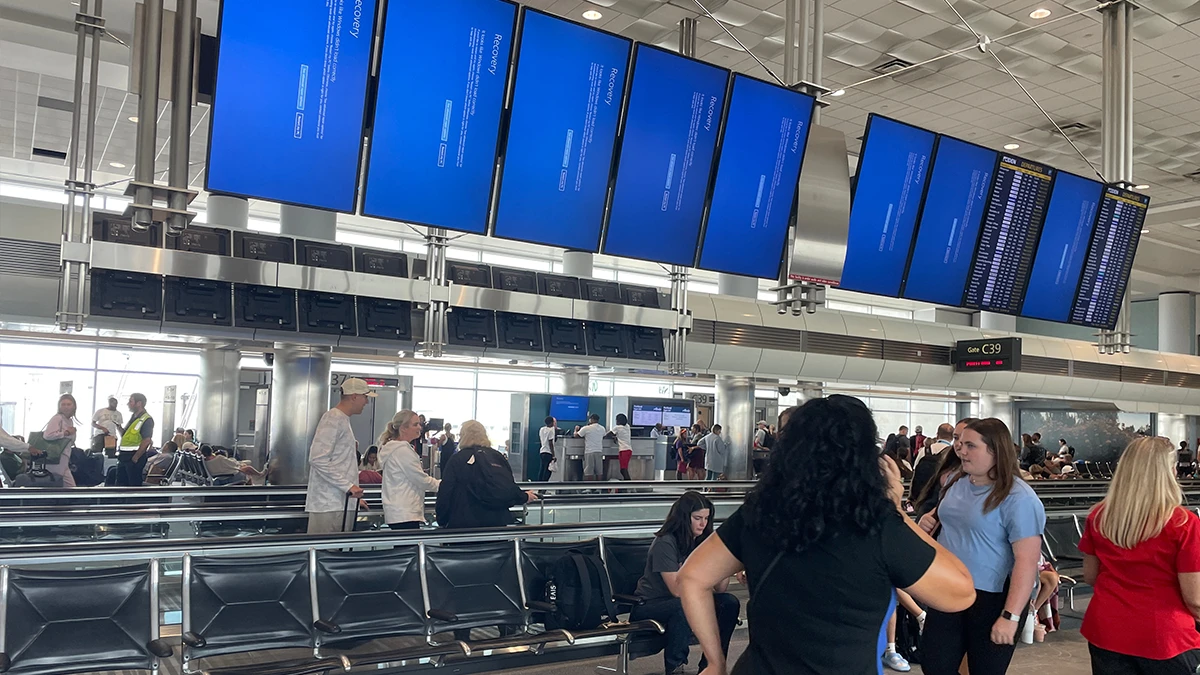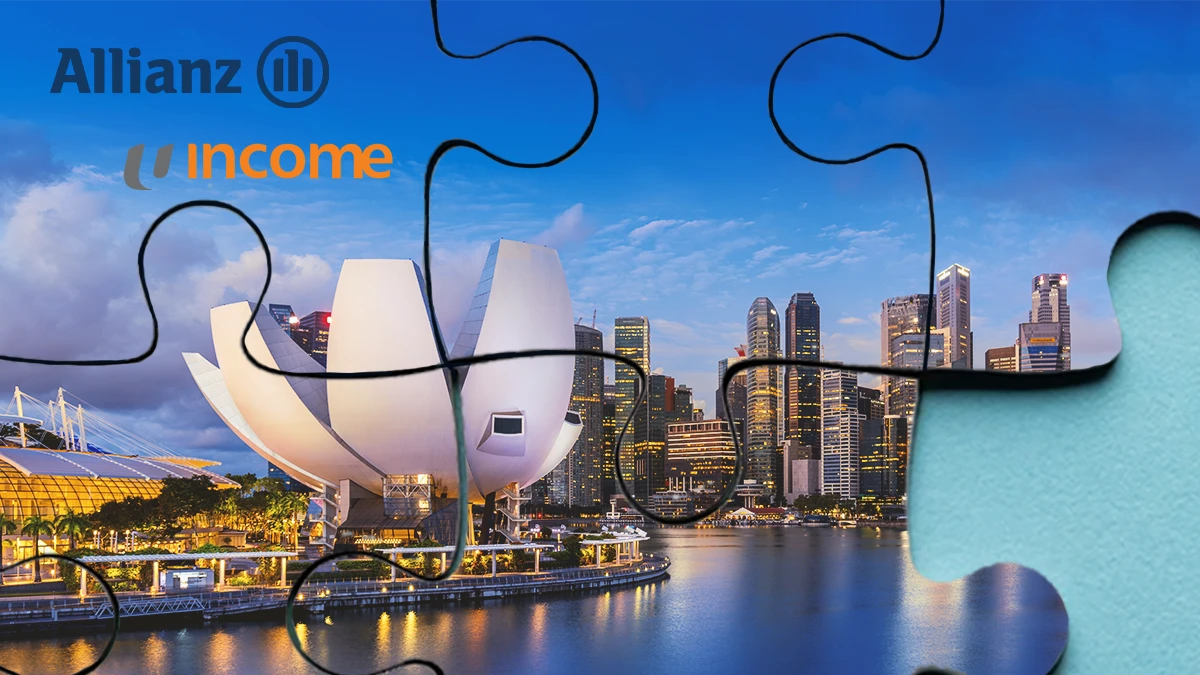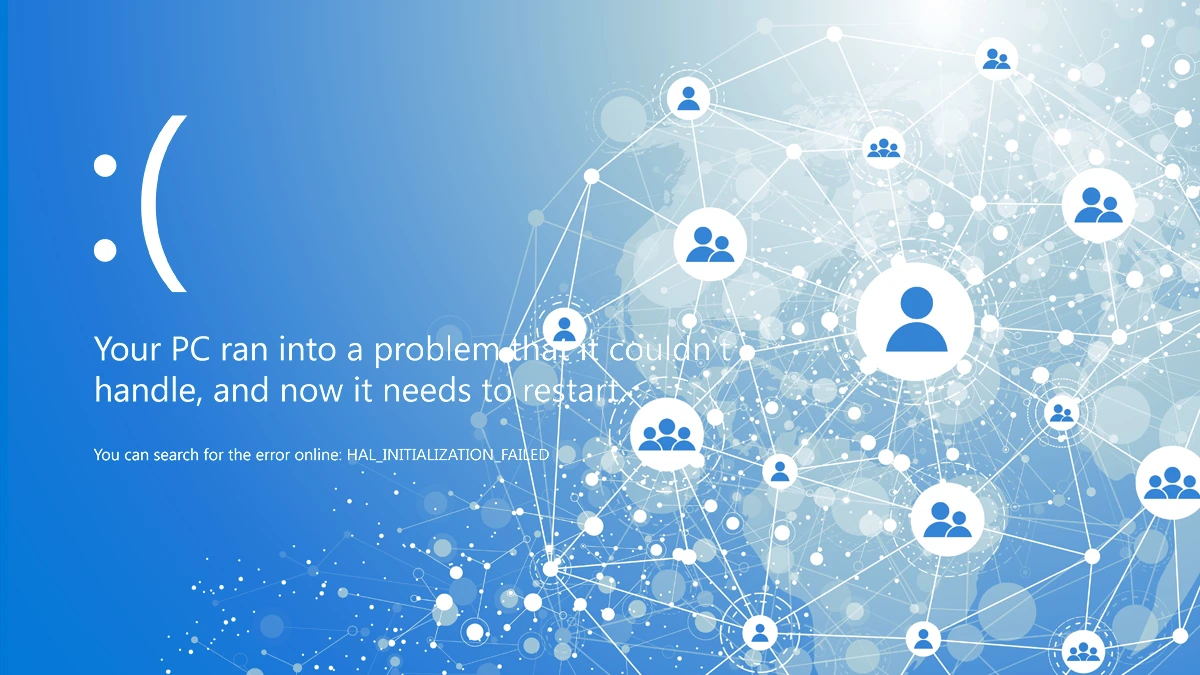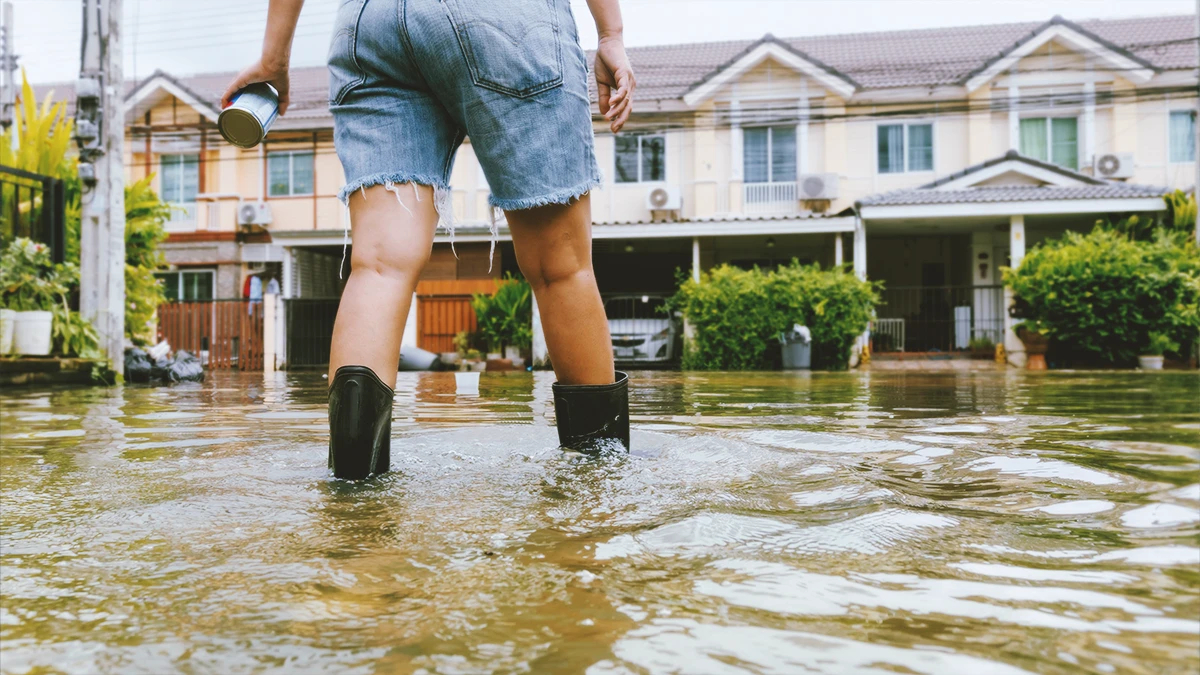(Re)in Summary
• Insurers simply exiting fossil fuel market will not aid in building sustainable future, said panellists at ITC Asia.
• Transition to sustainability requires entire ecosystem to move together, taking into account social factors like education and basic needs.
• Regulations and standards have been crucial in establishing a baseline and making progress, with predictive analytics and better risk models possibly saving lives through proactive notification of impending risks.
• Global insurers face criticism for being behind the curve on sustainability, even as Asian insurers slowly playing catch up to European counterparts, according to a non-profit report.
Moves by insurance providers to simply exit the fossil fuel market will do little to build a sustainable future and may actually hinder any transition to a carbon neutral economy, said industry executives during the InsureTech Connect Asia (ATC Asia) conference.
“Just turning off the tap, of providing insurance for these types of products, is not actually aiding sustainability and a just transition,” said John Morley, APAC CEO of Aon’s Strategy and Technology Group speaking on a panel on Wednesday (June 5). “What we get there is a hardening of the market, where very few insurers and reinsurers will cover these assets. The price goes up and they become unsustainable.”
Global insurers have been criticised for being behind the curve on sustainability, even as Asian insurers are slowly catching up with their European counterparts, according to an April report by ShareAction, a non-profit that tracks sustainability efforts.
Any moves towards carbon neutrality cannot be done by simply stopping the underwriting of new fossil fuel business, said Morley.
John Morley
APAC CEO of Aon’s Strategy and Technology Group“If you take a country like Indonesia, they’re still adding 10% coal fire capacity every year and probably will still do so for the next few years, because they need to do that to reach a level of grid stability so a transition can take place,” Morley added. “So just saying ‘we’re not going to write new core, we’re not going to write in capacity, we’re not even going to roll over the existing capacity’ isn’t actually helping the transition. It is harming the transition process.”
Rather, insurers should actively engage as part of the entire ecosystem and continue to underwrite these businesses as long as they have an appropriate transition plan, Morley added.
“It’s also incumbent on us (insurers) to provide the consulting capability to actually say, ‘look, this is what we expect from you in terms of the transition plan’,” he said.
It’s not about what one company or one country does, but how the whole ecosystem moves, said Winnie Tan, Senior Vice President of Sustainability for Great Eastern.
“No transition conversation can happen if people are not being fed, not going to school, (if they have) education problems and (their) basic fundamental needs are not met,” Tan said. “Saying ‘no’ is like pushing the problem to someone else.”
The process is much more than an exercise in box-ticking, Tan said.
“When we think about accelerating the transition, obviously – it’s a hygiene factor, all companies need to think about their carbon footprint,” Tan added.
Winnie Tan
Senior Vice President of sustainability for Great EasternThe devil in the details
A large insurer like Great Eastern and its parent firm OCBC Group regularly interact with companies in sectors in which environmental risk is high, like construction, engineering, property or marine, said Tan.
“All of them are our clients in different ways, or they could be investee companies that we work with, so I think there’s a whole engagement and influence that you can have.”
This is where regulations like the new International Sustainability Standards Board (ISSB) standards come in, Tan added. The standards, which came into force in January, create a common language to compare the effect of climate-related risks and opportunities on companies in different locations.
“Sometimes we run around in circles and think: ‘How are we going to meet the ISSB standards? It’s so difficult to draw financial impact from ESG factors’,” Tan said. “But the thing is, if everyone does this, it is actually better for the industry because, as an insurer, I have better knowledge of you as a company and your plans, and it may make me more comfortable to be sure in you, to invest in you. So, I think there is a bigger good around this.”
The devil is in the details, Tan added.
“Even being able to measure your own carbon footprint as well as your finance and insured associated emissions is hugely important, (because) then you have a baseline,” Tan said.
Education and engagement will remain an important part of change, said Tan. “You need the people who are decision makers, your board directors, and your management to really get buy-in, and then you also need on-the-ground people to jump on the bandwagon.”
Innovative product design could also make a significant impact.
Innovative products
If predictive analytics around weather risk can be built with better models, it would also be possible to actively notify insureds about risks like hailstorms or extreme weather, as insurers apply AI to these problems, said Morley.
“It’s possible not only to be in a position where we pay out as a result of an incident or a claim but to actively notify the insured (of an oncoming risk),” he added. “If we’re talking about larger catastrophes and weather events, this can actually save lives by people moving to higher ground and securing property.”
Modelling different scenarios to understand how insurers’ actions can impact sustainability goals would also help identify high impact areas to prioritize, Morley said. “If you can measure it, then you can model it,” he said.
Additionally, if payouts can be triggered after a certain point in parametric insurance, premiums could also theoretically increase after a certain point with punitive insurance.
“Take the example of marine — if the ship takes a longer route, or if it takes a less energy-efficient route, it should be possible from a parametric perspective that if that is triggered then the premiums increase,” said Morley.
Ultimately, ESG goals aren’t simply about carbon neutrality, said Aon’s Morley: “If the lights go out in hospitals in Southeast Asia because we’re not creating a sustainable, insured environment that keeps the energy grid operating, then that’s not a just transition.”
















